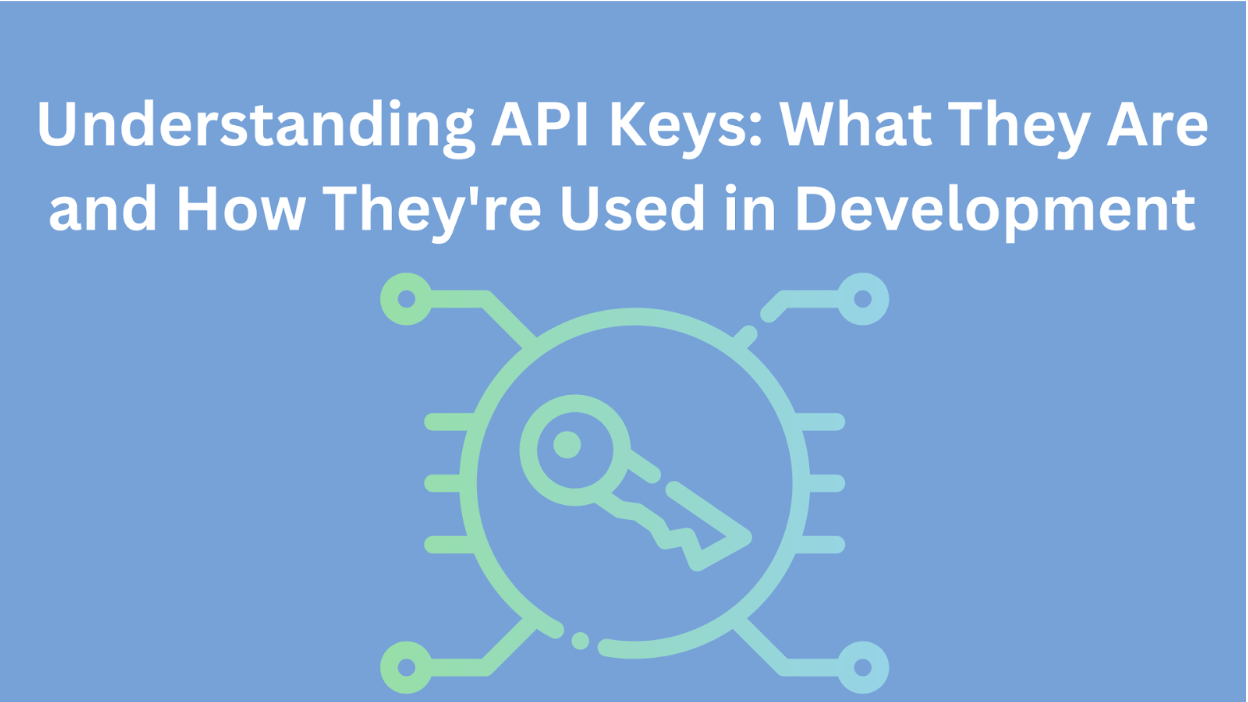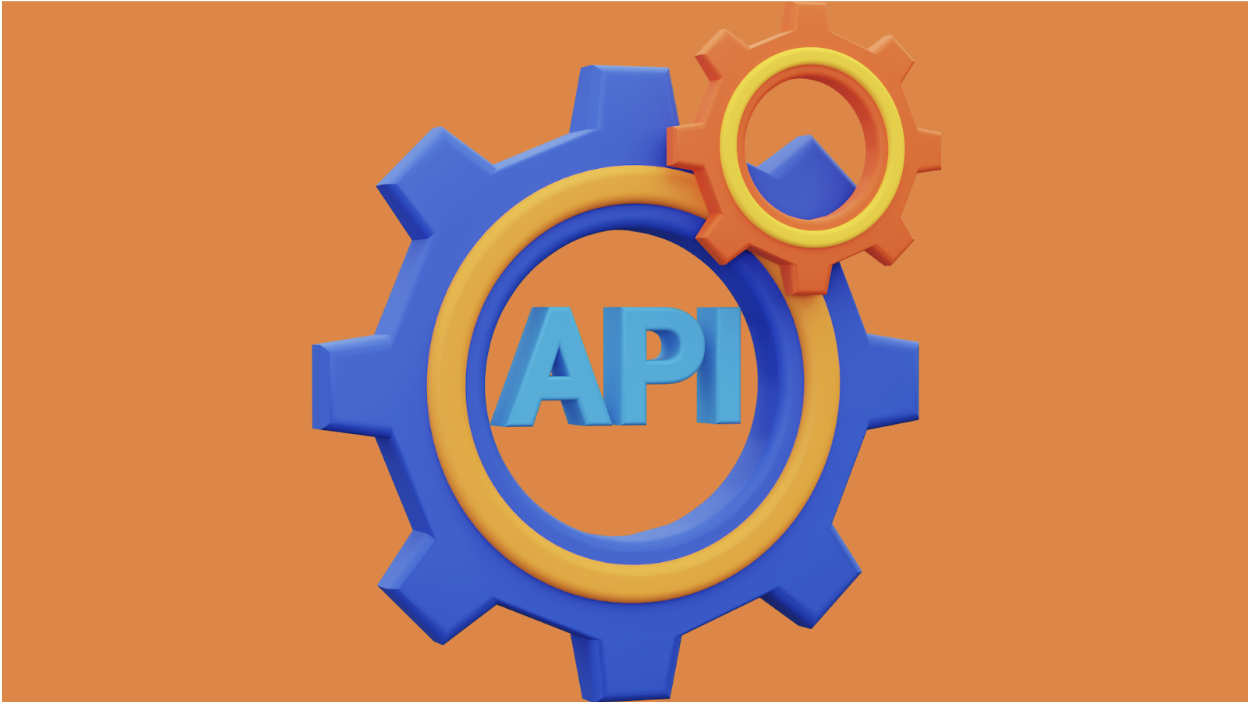In software development, APIs (Application Programming Interfaces) play a crucial role in enabling different software applications to communicate with each other. One key aspect of using APIs is the use of API keys. In this blog post, we'll explore API keys, why they're important, and how they're used in development.

What is an API Key?
An API key is a unique identifier used to authenticate requests made to an API. It acts as a secret token that the API provider generates and gives to developers to access their services. API keys are typically long alphanumeric strings passed along with API requests to verify the requester's identity.
Why are API Keys Important?
API keys are important for several reasons:
- API keys help secure API endpoints by ensuring only authorized clients can access them. Without an API key, a client would not be able to make requests to the API.
- API keys are often used to enforce rate limits, which restrict a client's requests to an API within a certain period. This helps prevent abuse and ensures fair usage of the API.
- These are sometimes used to track API usage for analytics purposes. This can help API providers understand how their API is used and make improvements accordingly.

How are API Keys Used in Development?
In development, API keys are typically included in API requests as a query parameter, a header, or as part of the request body. The exact method of including the API key depends on the API provider's implementation. Here's an example of how an API key might be included in a request:
GET /api/data?apikey=YOUR_API_KEY_HERE HTTP/1.1
Host: api.example.com
Conclusion
API keys are an essential part of developing with APIs. They help secure APIs, enforce rate limits, and track usage. By understanding how API keys work and the best practices for using them, developers can ensure the security and effectiveness of their applications when interacting with APIs.
Frequently Asked Questions (FAQs)
Can I share my API key with others?
It's generally not recommended to share your API key with others, as it could lead to unauthorized access and potential API abuse.
How do I keep my API key secure?
Avoid hardcoding your API key in your source code to keep it secure. Instead, consider using environment variables or a secure storage solution.
What should I do if my API key is compromised?
If you suspect your API key has been compromised, you should regenerate it immediately and update your application to use the new key.
Are API keys the only form of authentication for APIs?
No, other forms of authentication, such as OAuth tokens, are used in addition to or instead of API keys, depending on the API provider's requirements.
Can I use the same API key for multiple APIs?
It's generally recommended to use a unique API key for each API you interact with, as this allows for better control and management of access.